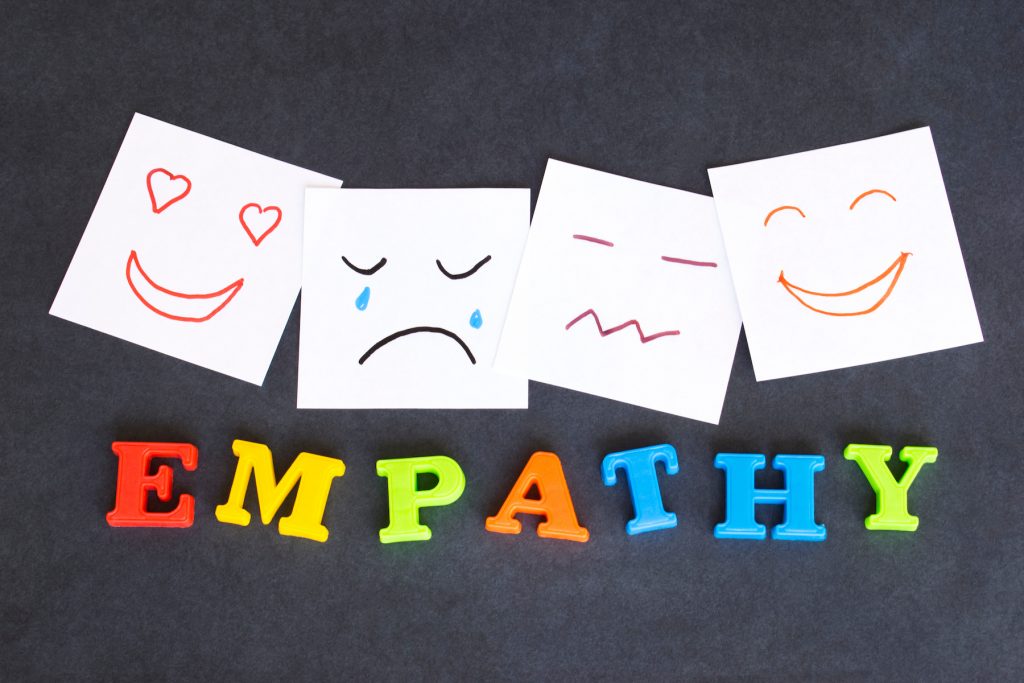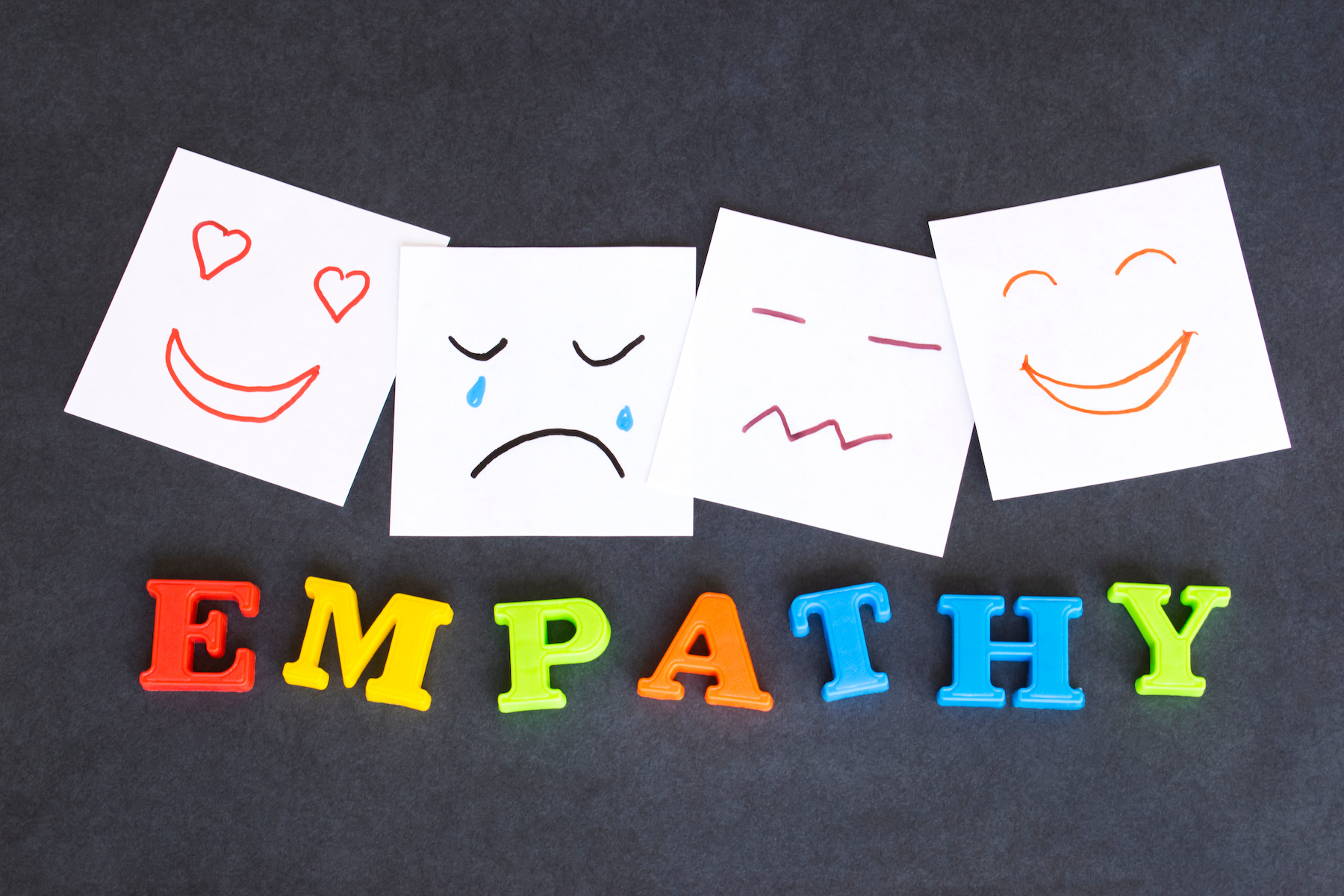I’ve been trying to figure out a way to encapsulate all of this year in a word that encompasses both the pain that many have felt but perhaps also the hope that was waiting to be uncovered through that pain. “Empathy” struck me as the right word. It means finding connection with others by trying to put ourselves in their shoes. It requires being open to connecting with people whose lived experience differs from yours.

I’ve written several times about how Jean Little’s stories affected my life and my own writing. If I may say so, it almost seems fitting that she passed away this year: her children’s novels often focused on building empathy. Below you’ll find a list of books that I read this year that helped me see life through someone else’s eyes. Following is the beginning of my empathy-focused reading list for 2021.
- Older Sister. Not Necessarily Related.: A Memoir, by Jenny Heijun Wills
- A beautiful and haunting memoir of kinship and culture rediscovered.
- Brown: What Being Brown in the World Today Means (to Everyone), by Kamal Al-Solaylee
- Kamal Al-Solaylee explores the in-between space that brown people occupy in today’s world: on the cusp of whiteness and the edge of blackness.
- Number the Stars, by Lois Lowry
- When the Jews of Denmark are “relocated,” Ellen moves in with the Johansens and pretends to be one of the family. Soon Annemarie is asked to go on a dangerous mission to save Ellen’s life.
- 200 Women: Who Will Change The Way You See The World, by Geoff Blackwell, Ruth Hobday, Kieran Scott
- From well-known activists, artists, and innovators to everyday women whose lives are no less exceptional for that, each woman shares her unique replies to questions like “What really matters to you?” and “What would you change in the world if you could?”
- 35 Dumb Things Well-Intended People Say, by Dr. Maura Cullen
- If you’ve ever wanted to be more effective in your communication with others, or have been afraid of saying the wrong thing, then this concise guide is essential to becoming more inclusive and diversity-smart.
- Shifting into High Gear: One Man’s Grave Diagnosis and the Epic Bike Ride That Taught Him What Matters, by Kyle Bryant
- Full of humor and reflection, it’s a heroic journey of a man driven to reframe the language of disease through action and service.
- Anything by Jean Little
- Although Jean Little has sadly passed, she leaves behind dozens of books for children ages 9-12. As I recall from her first autobiography, Little by Little, she wanted to write books about disabled children where the disability was not cured. In the 1960s, this was huge. I’ve always respected her for that.
Continue to Build Empathy in 2021
We can’t let 2020 disappear into our past and lock it away. To do so would be to lose any ground gained by the pain so many have experienced. Here are the books I’m planning to read so far for 2021.
- Cultural Trauma and Collective Identity, by Jeffrey C. Alexander, Neil J. Smelser, Bernhard Giesen
- In this collaboratively authored work, five distinguished sociologists develop an ambitious theoretical model of “cultural trauma”and on this basis build a new understanding of how social groups interact with emotion to create new and binding understandings of social responsibility.
- 21 Things You May Not Know About the Indian Act: Helping Canadians Make Reconciliation with Indigenous Peoples a Reality, by Bob Joseph
- Based on a viral article, 21 Things You May Not Know About the Indian Act is the essential guide to understanding the legal document and its repercussion on generations of Indigenous Peoples, written by a leading cultural sensitivity trainer.
- Call Me by Your Name, by André Aciman
- Call Me by Your Name is the story of a sudden and powerful romance that blossoms between an adolescent boy and a summer guest at his parents’ cliff-side mansion on the Italian Riviera.
- What If It’s Us, by Becky Albertalli and Adam Silvera
- When Arthur and Ben meet-cute at the post office, what exactly does the universe have in store for them?


